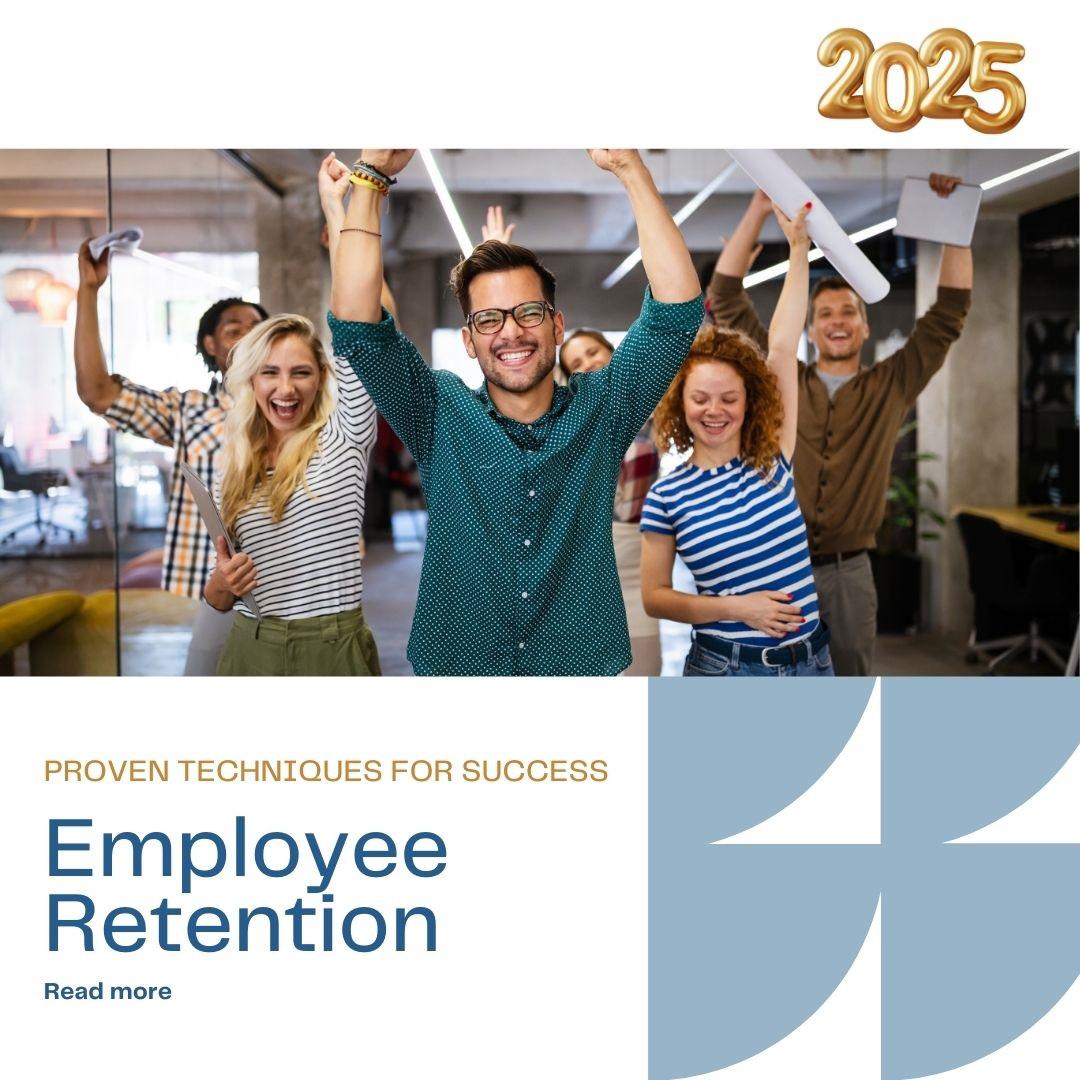
Below are key retention strategies tailored to help small businesses attract, engage, and retain their best talent.
Creating a positive workplace culture is the foundation of employee satisfaction and loyalty. Today’s employees seek environments where they feel valued, respected, and able to grow. Investing in a healthy culture builds trust and motivates employees to stay long-term.
Retention isn’t just about keeping employees—it’s about keeping them engaged and fulfilled. Employees who feel appreciated, respected, and heard are more likely to stay with their employer. Open communication, active listening, and valuing feedback all contribute to higher employee satisfaction and loyalty.
Meaningful work is a strong driver of employee engagement. People want to know their work contributes to the organization’s goals. Deloitte reports that “Nearly nine in 10 Gen Zs and millennials say purpose is important to their job satisfaction, and they are increasingly likely to turn down work or employers that don’t align with their values.” By connecting individual roles to the broader mission, companies can give employees a sense of purpose.
Regular check-ins, recognition, and constructive feedback help employees feel supported and appreciated. Professional development opportunities, such as mentorship, training, or learning new skills, enable employees to grow within the company, further increasing their loyalty. A culture of feedback and growth fosters a workplace where employees are empowered to thrive.
Clear communication around pay and career growth is essential for retaining employees, particularly in a time when transparency is highly valued. When employees know where they stand financially and understand their career advancement path, they are more likely to stay motivated and engaged.
A focus on employee well-being—both mental and physical—is vital for retention. Offering wellness programs, mental health resources, and supporting a healthy work-life balance all help employees feel valued and cared for. These benefits enhance employee loyalty and create a work environment where people are eager to stay.
The debate over return-to-office (RTO) policies continues to impact retention. While some companies have mandated a full return, this approach has led to high turnover—Forbes reported that 80% of employers requiring RTO lost talent in 2024. Flexible work options, including hybrid and remote arrangements, remain a powerful retention tool as they allow employees to balance work with their personal lives.
As small businesses plan for 2025, prioritizing these retention strategies will create a stronger, more engaged workforce.
For tailored HR solutions to meet your organization’s unique needs, contact Envision HR. Let us help you build a thriving team in 2025 and beyond!